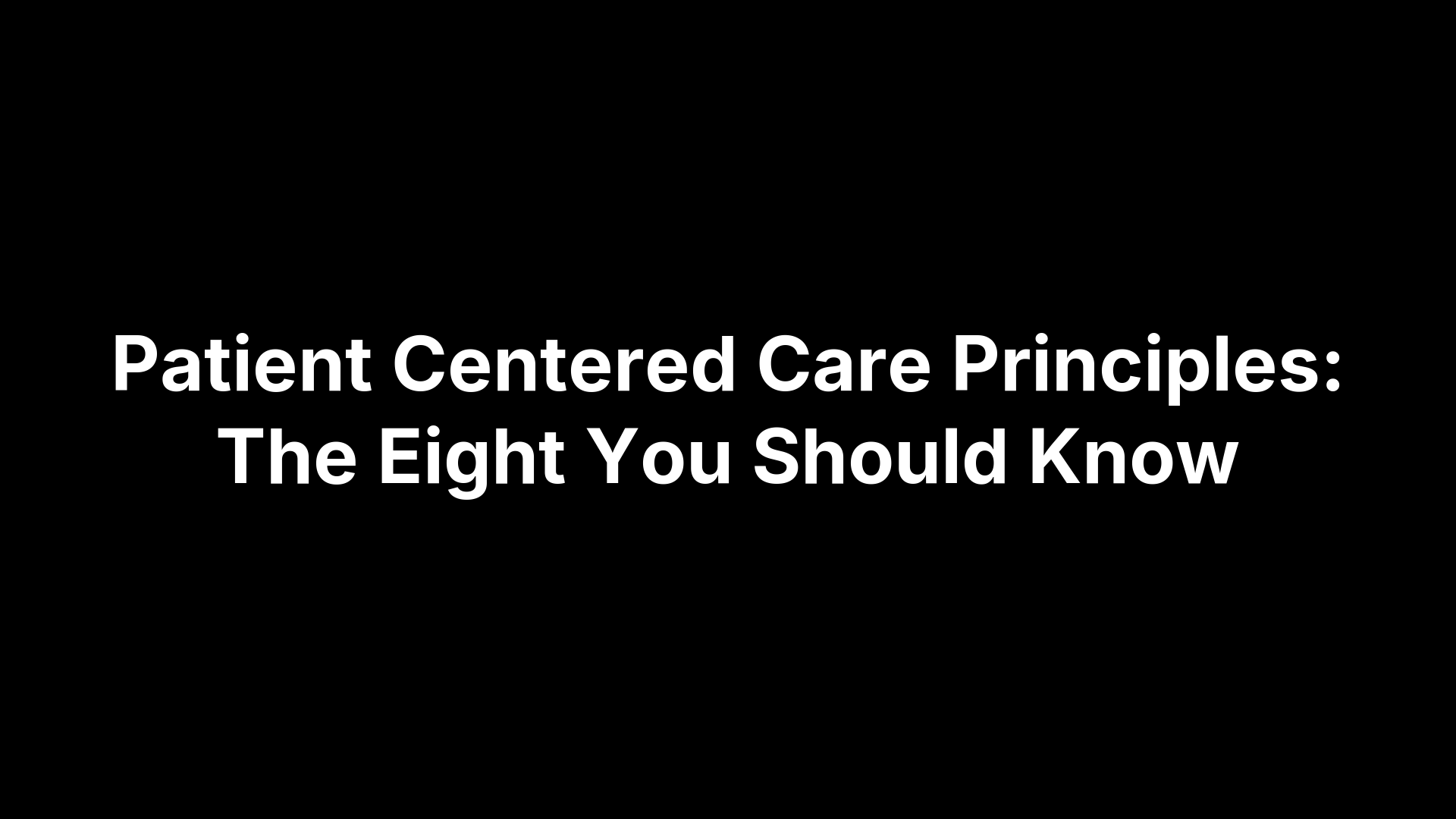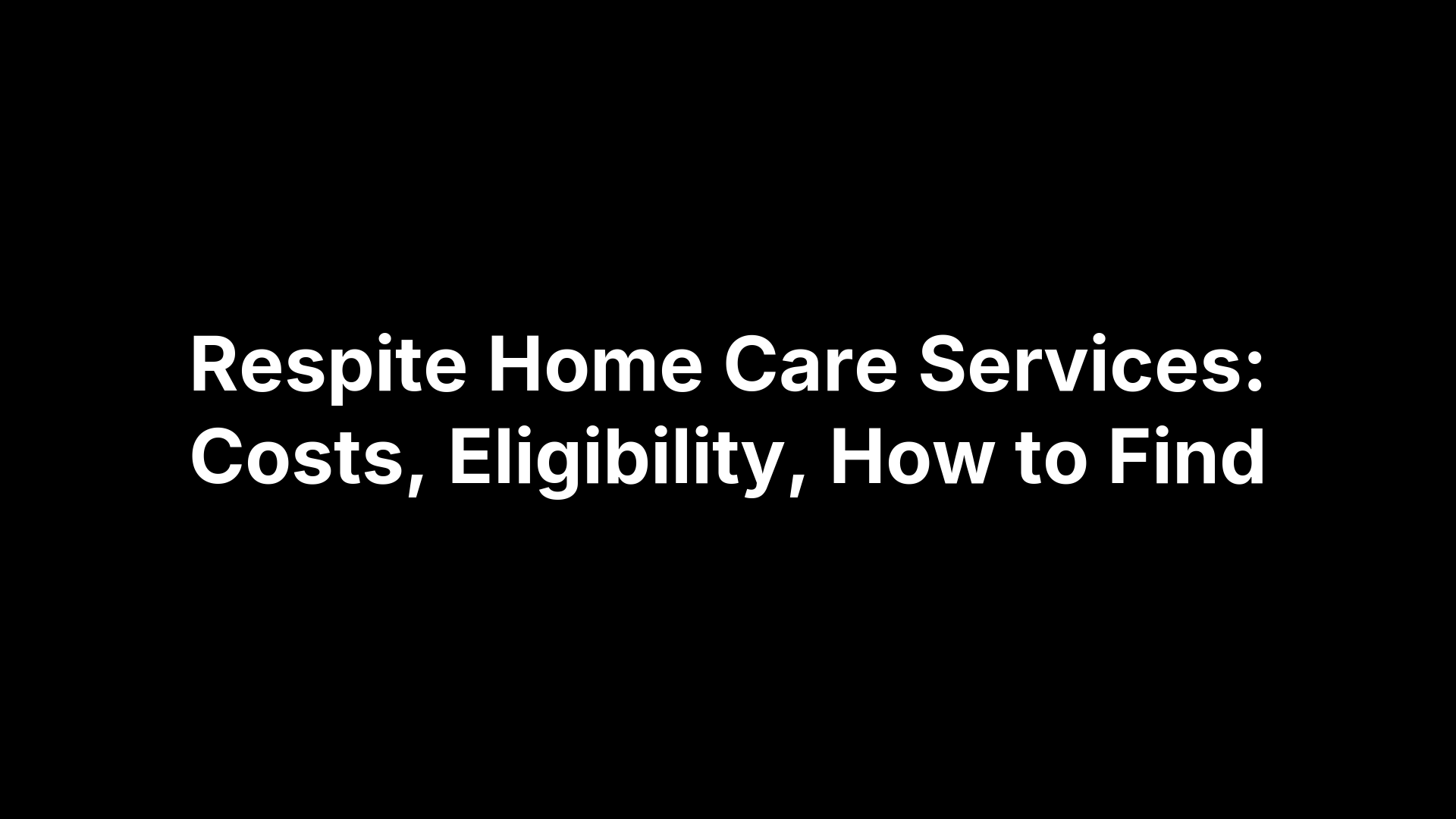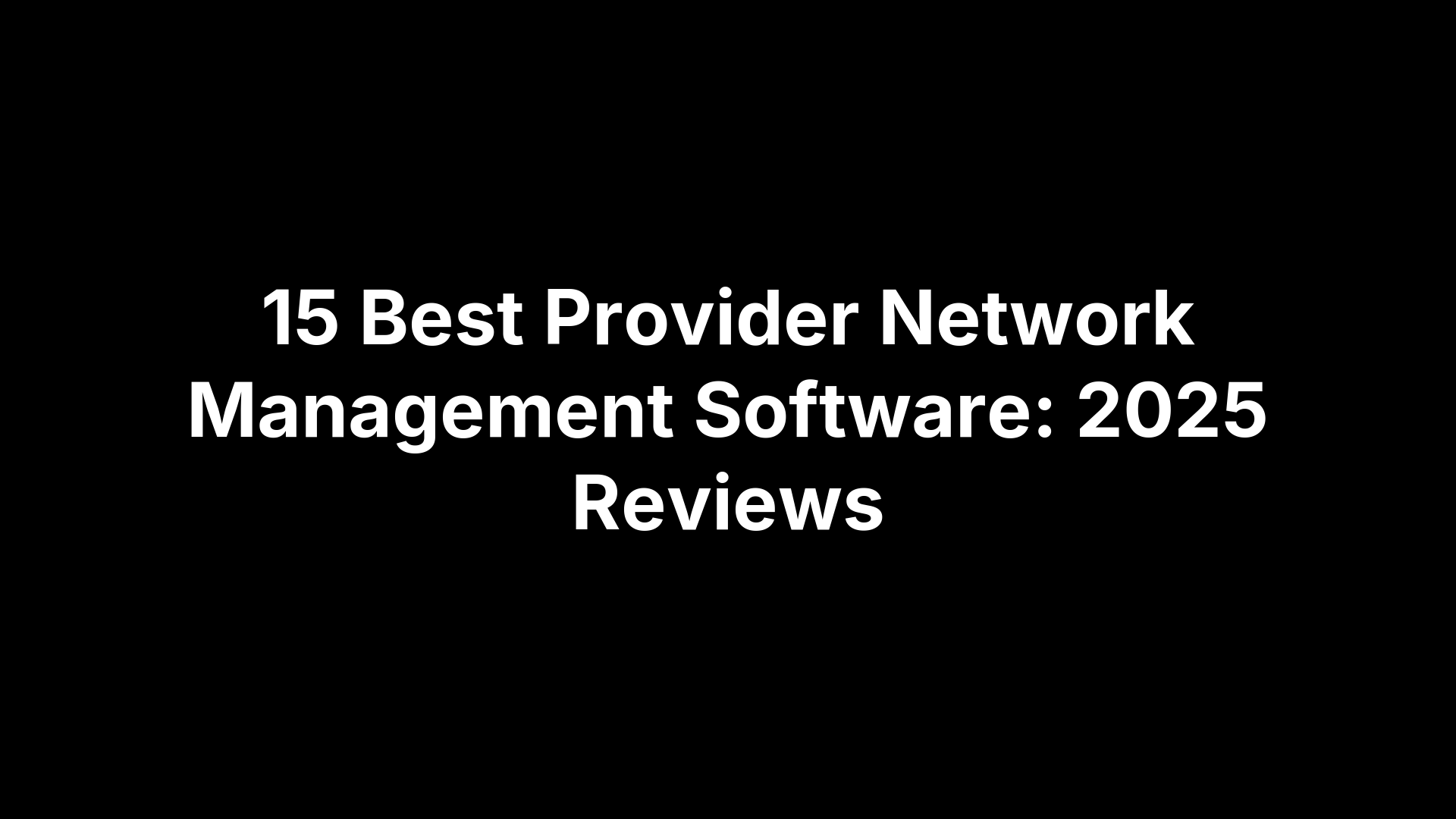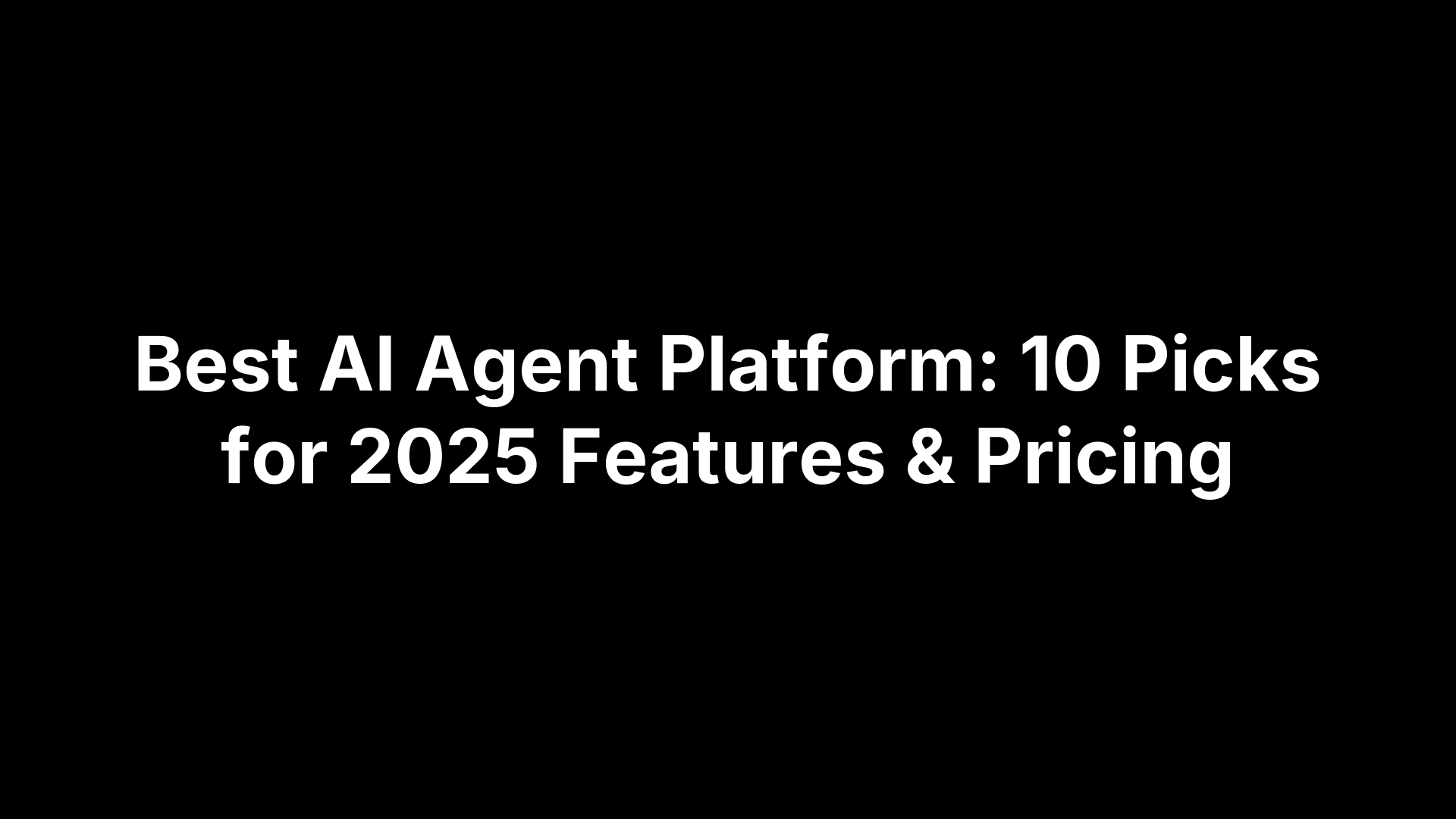Patient Care Coordination Software: Top 6 Picks (2025)

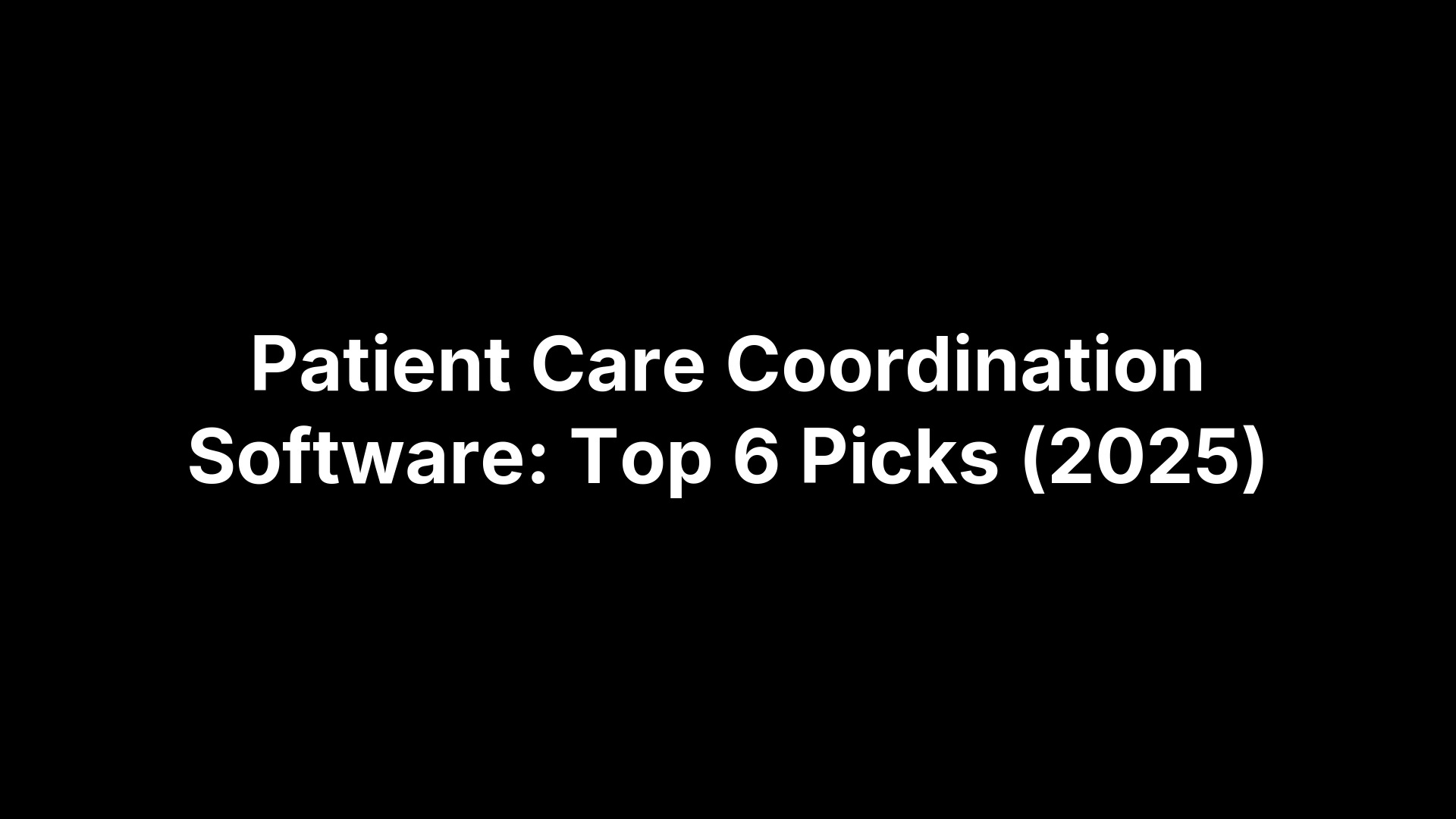
Patient Care Coordination Software: Top 6 Picks (2025)
Managing patient transportation, scheduling home health visits, and coordinating DME deliveries across multiple vendors eats up hours of your team's time every day. Phone calls pile up. Scheduling takes forever. You lose visibility the moment a patient leaves your facility. The administrative burden keeps growing while your staff struggles to track who needs what service and when.
This guide breaks down six patient care coordination software platforms that can fix these problems. You'll see how each one handles scheduling, vendor management, and system integrations. We cover what makes each platform different, who benefits most from using it, and what you need to know about pricing and deployment. By the end, you'll have a clear picture of which solution fits your organization's needs whether you run a hospital system, home health agency, or NEMT service.
1. VectorCare
VectorCare eliminates the manual chaos of patient logistics by connecting your entire care team with a unified AI-powered platform. You can book transportation, schedule home health services, and arrange DME deliveries in minutes instead of hours. The platform cuts through the complexity of managing multiple service providers with automated dispatching and real-time communication tools that replace endless phone calls and fragmented workflows.
How it supports care coordination
VectorCare handles the full spectrum of patient services from a single command center. You schedule non-emergency medical transport, ambulance services, home health visits, DME deliveries, prescription pickups, and meal deliveries through one interface. The Hub feature lets you design custom workflows without writing code, while automated dispatching intelligence handles scheduling, price negotiations, and resource allocation in the background. Your care coordinators get real-time updates through secure messaging channels, which means everyone knows exactly where patients are and what services they're receiving at any moment.
VectorCare reduces scheduling time by 90% and saves large hospital systems over $500,000 annually on patient logistics costs.
Integrations and workflow fit
The Connect module integrates directly with your existing EHR, CAD, and billing systems. You don't need to replace your current infrastructure or train staff on entirely new platforms. VectorCare pulls data from your systems and pushes updates back automatically. The Pay feature handles invoicing and payment collection with ACH and credit card options, eliminating the manual billing headaches that come with managing multiple vendors.
Who it is best for
Hospitals, home health agencies, and NEMT providers see the biggest impact from VectorCare. Operations managers who currently spend hours coordinating patient services will cut their workload dramatically. Fire departments and EMS teams benefit from the streamlined dispatch capabilities. State health departments and payers use the platform to manage networks of contracted providers across multiple service types.
Pricing and deployment
VectorCare offers custom pricing based on your organization's size and service volume. The platform deploys as a cloud-based solution with minimal IT overhead. You can request a demo to see the platform in action and get specific pricing for your use case.
2. WellSky care coordination
WellSky gives you a comprehensive platform to track patients across their entire care journey, from hospital discharge to home health services and beyond. The software focuses on identifying care gaps and managing transitions between different care settings. You get tools to coordinate services across multiple providers while maintaining visibility into each patient's status and progress throughout their treatment plan.
How it supports care coordination
The platform helps you identify, track, and manage patients as they move through different stages of care. You can assign care team members, set up automated workflows, and monitor patient progress against established care plans. WellSky provides referral management capabilities that connect hospitals with post-acute care providers, home health agencies, and other community resources. The system tracks care plan adherence and flags patients who miss appointments or fall behind on prescribed treatments.
WellSky's care coordination software ensures smoother care transitions by providing visibility into patient journeys across all care settings.
Integrations and workflow fit
WellSky connects with major EHR systems and health information exchanges to pull in clinical data automatically. The platform shares patient information across your care network, which reduces duplicate data entry and keeps everyone working from the same record. You can configure the system to match your existing workflows rather than forcing your team to adapt to rigid processes.
Who it is best for
Health systems with complex discharge planning needs benefit most from WellSky. Your organization will find value if you manage large volumes of patient transitions between acute and post-acute settings. Care management teams that coordinate services across multiple providers and community organizations see the platform's network effects. Post-acute care providers use WellSky to receive referrals and communicate with referring hospitals.
Pricing and deployment
WellSky structures pricing based on your organization size and user volume. The company does not publish standard rates publicly. You need to contact their sales team for a custom quote and demo. The platform deploys as a cloud-based solution with implementation support from WellSky's team.
3. Athenahealth care coordination
Athenahealth delivers a cloud-based platform that combines EHR functionality with patient care coordination software in one integrated system. The platform handles administrative burden automatically by validating patient demographics, verifying insurance coverage, and managing billing information before you even see the patient. You get population health tools alongside care coordination features, which means you can identify at-risk patients and intervene proactively rather than reacting to problems after they occur.
How it supports care coordination
The platform gives you a holistic view of patient health by pulling information from multiple sources into a single record. You access patient engagement tools that let patients schedule appointments, message care teams, and review their health information through the AthenaPatient mobile app. AI and machine learning features speed up documentation and flag potential issues before they become serious problems. Advisory services complement the software by providing guidance on care coordination best practices and helping you optimize workflows based on data from thousands of other healthcare organizations using the platform.
Athenahealth handles low-value administrative work automatically, letting you focus on coordinating patient care instead of chasing paperwork.
Integrations and workflow fit
Your existing systems connect with Athenahealth through its cloud-based infrastructure. The platform includes revenue cycle management alongside clinical tools, which means billing and clinical coordination happen in the same system. Telehealth support integrates directly into care workflows, so you can coordinate virtual and in-person visits without switching between platforms. The mobile capabilities extend coordination beyond your office, letting providers and patients stay connected regardless of location.
Who it is best for
Primary care practices and ambulatory care centers that need combined EHR and coordination capabilities benefit most from Athenahealth. Your practice will find value if you want to reduce administrative overhead while improving patient engagement. Organizations transitioning to value-based care models use the platform's population health features to identify gaps in care and coordinate interventions across patient panels.
Pricing and deployment
Athenahealth prices its platform based on a percentage of collections rather than per-user fees. You pay based on the revenue you collect through the system. The company provides implementation support and training as part of the deployment process. Contact their sales team to get specific pricing for your practice size and specialty.
4. Netsmart care coordination
Netsmart delivers patient care coordination software that focuses on person-centered care across multiple care settings. The platform manages services from behavioral health to home care, giving you tools to coordinate care for patients with complex needs. You get a system designed specifically for post-acute and community-based care rather than acute hospital settings, which means the workflows align with how you actually deliver services in these environments.
How it supports care coordination
The platform provides information to providers exactly when they need it during patient encounters. You track services across different settings and care team members while maintaining visibility into each patient's progress. Netsmart builds care plans that account for social determinants of health and behavioral health needs alongside medical treatment. Care teams coordinate interventions through shared documentation and communication tools that keep everyone informed about patient status changes. The system flags patients who need immediate attention and helps you prioritize your workload based on clinical urgency.
Netsmart's care coordination software supports person-centered care by managing services across settings and getting providers the information they need promptly.
Integrations and workflow fit
Your EHR data flows into Netsmart through bidirectional interfaces that sync clinical information automatically. The platform connects with health information exchanges to pull in data from hospitals, labs, and other providers treating your patients. You configure workflows to match your organization's specific care delivery models rather than forcing staff to adopt generic processes.
Who it is best for
Behavioral health organizations, community mental health centers, and home health agencies benefit most from Netsmart. Your organization needs this platform if you coordinate care for patients with behavioral health conditions alongside physical health needs. Post-acute care providers that manage complex patient populations across multiple service lines see value in the platform's comprehensive approach to care coordination.
Pricing and deployment
Netsmart provides custom pricing based on your organization size and service volume. The company does not publish standard rates. Contact their sales team for a quote and demo specific to your needs. The platform deploys as a cloud-based solution with implementation support included.
5. Other notable platforms
Several patient care coordination software platforms deserve consideration alongside the options above. These solutions serve specific niches within the care coordination market, from post-acute care to AI-driven analytics. You might find these platforms match your organization's unique requirements better than the more comprehensive systems we covered earlier.
How it supports care coordination
PointClickCare focuses specifically on post-acute and long-term care settings with AI-powered tools that improve collaboration between skilled nursing facilities, assisted living communities, and hospitals. Arcadia delivers care management applications for chronic care management and transitional care with predictive modeling that helps you estimate costs and allocate resources efficiently. ThoroughCare provides purpose-built software for care managers with expert clinical guidance baked into the platform workflows. Each platform tackles care coordination from a different angle based on the care setting and patient population you serve.
Integrations and workflow fit
These platforms prioritize interoperability with existing systems differently. PointClickCare connects post-acute providers with hospitals through its extensive network, while Arcadia integrates with diverse data sources to create comprehensive patient profiles. Most of these solutions offer cloud-based deployment and API connections to major EHR systems. Your IT team can typically implement these platforms without replacing your core clinical systems.
Who it is best for
Post-acute care providers benefit most from PointClickCare's specialized features. Arcadia serves accountable care organizations and health systems managing complex patient populations. ThoroughCare works well for smaller care management teams that need clinical guidance alongside software tools. You should evaluate these platforms if your organization operates in specialized care settings or needs specific functionality that general-purpose systems overlook.
Organizations in specialized care settings often find better workflow alignment with platforms designed specifically for their patient populations.
Pricing and deployment
Each vendor structures pricing differently based on organizational size and service volume. You need to contact sales teams directly for quotes since none of these platforms publish standard rates. Most offer cloud-based deployment with implementation support included. Budget several months for full deployment and staff training regardless of which platform you choose.
Final thoughts
Choosing the right patient care coordination software comes down to matching features with your organization's specific workflows. You need a platform that handles your unique mix of services, whether that's just transportation or a full spectrum of patient logistics including home health and DME. The platforms we covered range from comprehensive solutions like VectorCare that manage everything in one system to specialized tools focused on specific care settings like post-acute or behavioral health.
Start by identifying your biggest operational pain points. If you spend hours coordinating rides and DME deliveries across multiple vendors, you need automation and vendor management capabilities. Organizations struggling with discharge planning should prioritize platforms with strong referral management and care transition features. VectorCare cuts scheduling time by 90% while connecting your entire care team through one platform. Request demos from vendors that align with your needs, and bring your operations team into the evaluation process. They know which workflows break down most often and what features will actually get used daily.
The Future of Patient Logistics
Exploring the future of all things related to patient logistics, technology and how AI is going to re-shape the way we deliver care.
